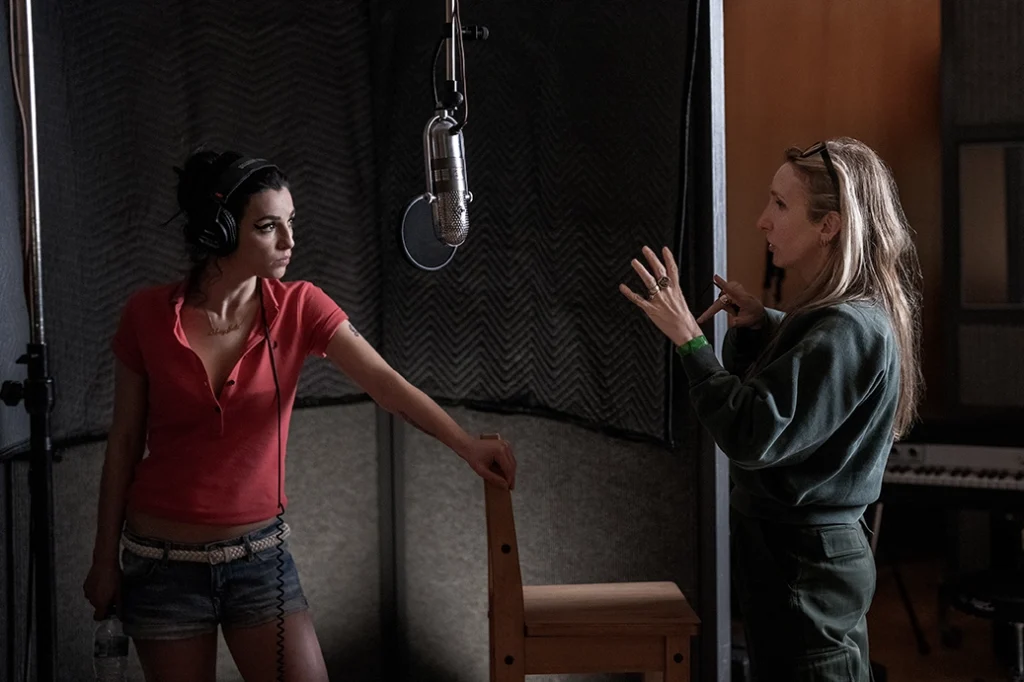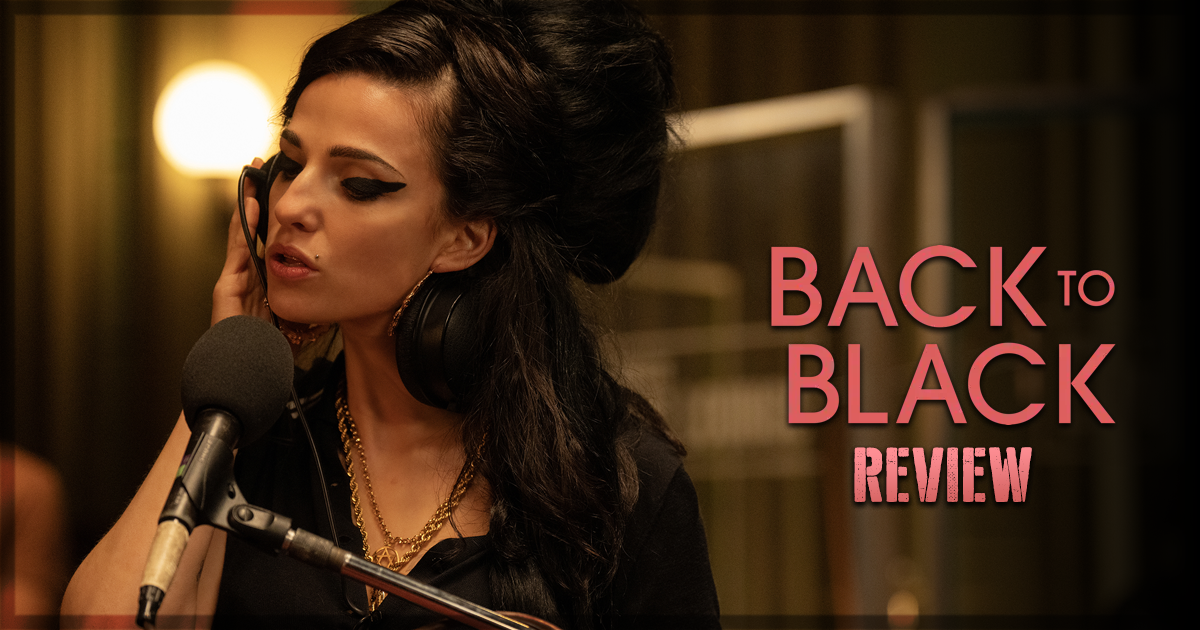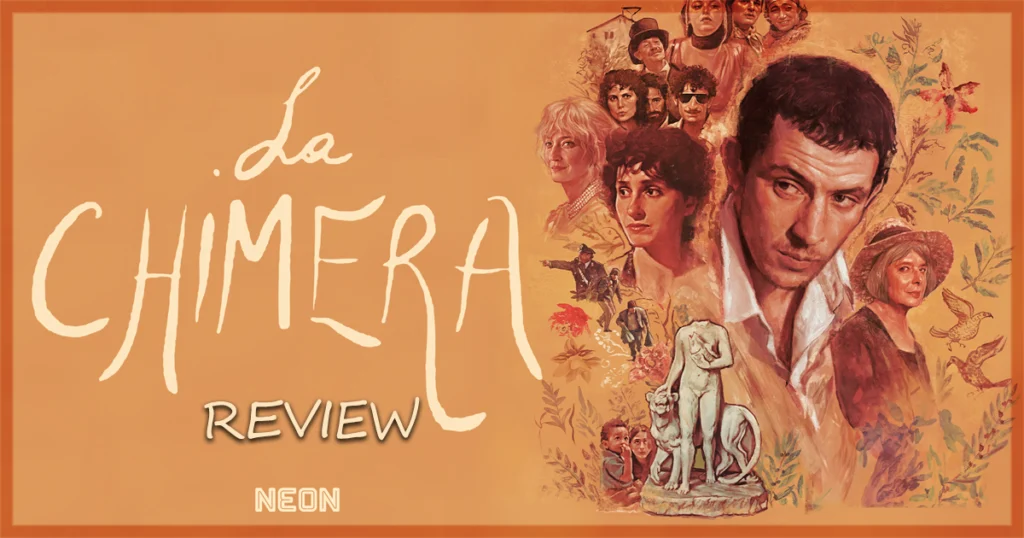I consider biographies – better known as biopics – to be one of the most challenging narrative types to adapt for the big screen. From the inevitable bias towards the usually eponymous person, especially if the production involves family members, to the common trap of only telling what best serves the screenplay, often hiding details that could negatively affect the perception of the “protagonist,” films like Back to Black don’t usually stand out as the most memorable movies of the year.
Furthermore, Amy Winehouse’s story has already been documented through Amy in 2015 and Amy Winehouse: Back to Black in 2018, so a Hollywood dramatic project didn’t exactly bring notable appeal. Back to Black is, therefore, another look at the life and career of one of the most popular, successful British artists of all time, this time under the directorial control of Sam Taylor-Johnson (Fifty Shades of Grey), penned by Matt Greenhalgh (Film Stars Don’t Die in Liverpool), and with an interpretation by actress Marisa Abela (She is Love).
Personally, I believe that all perspectives are welcome in a critique of any film. There’s no right or wrong point of view, only distinct experiences. That said, I would consider my work lazy, incomplete, and, above all, incoherent with my genuine opinion if I didn’t do some research or study the person being portrayed in a biopic. Otherwise, we all run the risk of believing blatant lies told by the movie, as if they were the absolute truth.
Back to Black Omits and Revises Key Amy Winehouse Facts
Of course, Back to Black is a dramatization of Amy Winehouse’s life and not a documentary. One cannot even think of treating these two narrative types the same way. However, I defend that a minimum of care is needed to not accept forced changes driven by cheap entertainment. “I wish I had known this before writing my review.” is one of the most common reactions from industry peers when I present them with the omission or amendment of a vital fact from the life of the person under analysis.
Unfortunately, Back to Black not only commits these almost offensive, disrespectful flaws – completely deleting an important direct family member for Amy and thoroughly revising the main motivation of her death without any evidence for doing so – but it also achieves something almost unbelievable: turning a life story already quite sad into something even more depressing. Even ignoring all of these details that may not impact many viewers, Taylor-Johnson drowns the film in rapid montages, devoid of emotional weight or even interest in following the massive steps the protagonist had to take to get where she got.

Back to Black is nothing more than a superficial skim through the artist’s Wikipedia page, going through her most well-known songs as if on a Spotify shuffle while shifting all blame for her fatal addictions onto her, absolving responsibility from an absent, complacent father, and a boyfriend who precisely introduced her to drugs and an emotionally, mentally unstable life. Honestly, it’s a movie that, the more one thinks about it, the more the excellent performance of Marisa Abela loses value.
This film should serve as an example of how filmmakers should not adapt the life of a real person. Sadly, it’s just one of many biopics that make these incomprehensible changes motivated by anything but good reasons. I repeat, Back to Black isn’t a documentary, so it should not be treated as such. But it’s also not based on a fictional story, so it should not be treated as if we’re witnessing an alternative magical world. The same balance that should exist in the writing of the script should also exist in the critique of it. And that’s why I can never recommend this film.
Final Thoughts
Back to Black completely fails in adapting Amy Winehouse’s life to the big screen, falling into common biopic traps, and drowning in them. The film not only disrespectfully omits and revises critical facts from the artist’s life but also fails to convey the emotional depth of her music and the challenges she faced. By turning her story into a superficial, cheap version, not even Marisa Abela’s remarkable performance can save the horrendous work of Sam Taylor-Johnson and Matt Greenhalgh. It deserves no recommendation, serving only as an example of what to avoid when adapting the life of a real person to cinema.
Rating: D-


